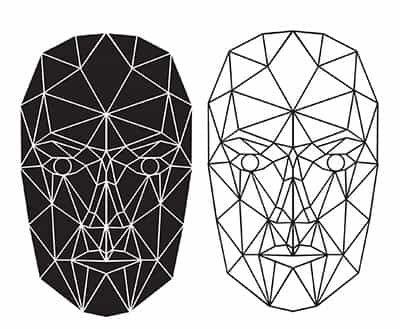The Impact of Artificial Intelligence on Legal Practice in the Middle East
 The legal sector in the Middle East is changing rapidly, driven by technology and, in particular, Artificial Intelligence. Countries in the region, such as the UAE, Saudi Arabia, and Qatar, are now taking positions as global leaders in adopting AI to modernize sectors, including legal practice. This is not just about automation; it is a significant shift in the way legal services are delivered, analyzed, and regulated. The union of technology in law will define a new era, where efficiency, precision, and accessibility redefine traditional legal systems.
The legal sector in the Middle East is changing rapidly, driven by technology and, in particular, Artificial Intelligence. Countries in the region, such as the UAE, Saudi Arabia, and Qatar, are now taking positions as global leaders in adopting AI to modernize sectors, including legal practice. This is not just about automation; it is a significant shift in the way legal services are delivered, analyzed, and regulated. The union of technology in law will define a new era, where efficiency, precision, and accessibility redefine traditional legal systems.
This article discusses the influence of AI in the legal practice in the Middle East, from application to regulatory response and, finally, the future of the legal profession in an AI-dominated world.
Applications of AI in Legal Practice
There are efficiencies so transformative in their introduction to the legal sector: NLP, machine learning, and predictive analytics. These tools started applying to areas as sweeping as legal research, arbitration, and case management, fundamentally altering the operational framework of professionals in the law sector.
- Legal Research and Analysis
Traditionally, legal research entailed a long process that went through many volumes of cases, statutes, and precedents, and this was both tedious and costly. AI and other technologies now automate part of the process. Those platforms equipped with NLP can extract relevant legal texts, analyze precedents, and summarize findings with reasonable accuracy. For instance, AI tools in the UAE have helped streamline the identification of case law, saving the effort of hours while improving their accuracy.
AI further enables analyzing big datasets to find trends and patterns. In jurisdictions like the UAE with dual-language legal systems, AI tools such as Noor and Jais AI have even more significantly transformed legal research, enabling the instant translation of Arabic text into English, and summary of texts in English.
- Contract Review and Due Diligence
Perhaps one of the most influential areas of AI legal practice involves contract review and due diligence. AI algorithms can quickly scan contracts, flag inconsistencies, point out risks, and even suggest revisions. Such tools have been indispensable in Middle Eastern cross-border transactions navigating multi-jurisdictional complexities and compliance requirements.
This higher accuracy limits the extent of human mistakes and cuts the time required for all these operations, which is really useful in corporate law firms and in-house legal departments processing thousands of contracts daily.
- AI in Arbitration
Another preferred mechanism of dispute resolution in the Middle East is arbitration, and the integration of AI has benefited the same. AI tools are also being used for reviewing documents, automated translation, and even transcription of arbitration proceedings. The guidance from the Abu Dhabi Technology Innovation Institute's NOOR and the DIFC Courts concerning AI-powered tools represent a leap forward in enhancing the efficiency during arbitration processes. In addition, AI holds potential in arbitrator selection by analyzing arbitrators’ past decisions and expertise, ensuring a more impartial and data-driven appointment process.
- Predictive Analytics
Litigation strategies are being revolutionized by AI's ability to predict case outcomes based on historical data. Lawyers can now use predictive analytics to assess the likelihood of success, which allows them to develop more informed case strategies. In Saudi Arabia and Qatar, this capability is helping legal teams advise clients with greater confidence.
- Automation of Routine Tasks
The AI-powered virtual assistant has streamlined routine activities, such as scheduling, billing, and case management. Thus, lawyers can devote themselves to more complex tasks: counseling, negotiation, and advocacy. The tools ensure speedier turnaround times for the clients and, consequently, improve the quality of the legal services.
Regulatory Frameworks Governing AI in Legal Practice
As AI starts speeding up, the demand to enforce strict regulatory frameworks that look to overcome ethical and legal matters became inevitable. Policymakers in the Middle Eastern regions are actively drafting directives aimed at regulating the deployment of AI in legal service areas. For more details on The Impact of Artificial Intelligence on Legal Practice in the Middle East click here
 English
English
 عربي
عربي Русский
Русский 官话
官话 português
português
 Türk
Türk 






